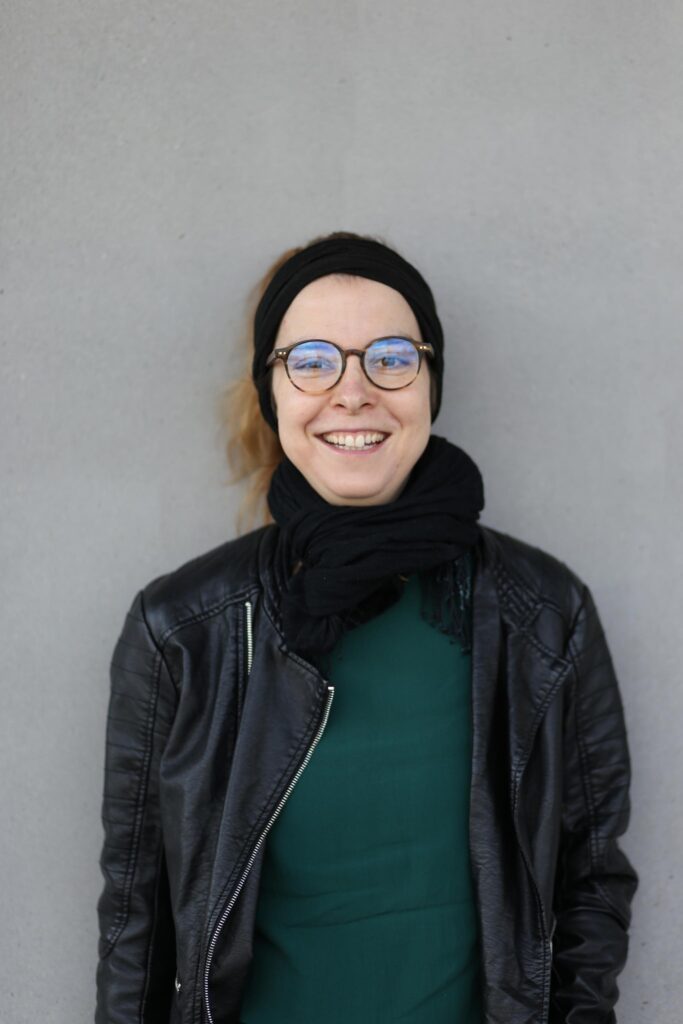| Interactive session | 11:00-13:00 | Studio 2 |
Simplications: Simple sensors and (un-)intended implications – Why and how we should rethink privacy in our smart homes.
“Simplications” is about simple, connected IoT sensors in the smart home and their implications. Simple sensors (e.g. for light, temperature, humidity or motion), when critically reflected, are often only “simple” in a technical sense. Even simple sensor data captured in the sensitive context of the home might reveal a lot: presence, arrival and departure, typical domestic activities, bad habits etc. Therefore the unreflected design and use of these sensors can easily lead to unintended implications, i.e. for privacy. However, it may not even need a Big Brother or data experts or AI to make the data of these sensors sensitive, e.g., if used for lateral surveillance within families. Often unintended implications emerge despite good intentions, such as improving efficiency or energy saving through collecting sensor data and interaction. However, we not only want to understand the WHY of implications, but also HOW we can address them in design and in actual use.
We have planned two interactive sessions around this topic. Participants can join us for one or both sessions.
Session A in the morning slot.
Session B in the afternoon slot.
Session A: From simple sensors to (un-)intended implications
In this session participants will have the opportunity to experience simple sensors, data collection, data interactions and to come up with some (un-)intended implications.
We will start with a short impulse to motivate our interest in unintended implications of simple sensors. After an introduction to our Sensorkit, participants will have time to use the Sensorkits in small groups to find potentially critical sensor data collection scenarios. Based on these experiences we will summarize the findings and will transfer them to session B.
Session B: From (un-)intended implications for privacy to implications for design and use
In this session we will start with a short impulse to summarize the unintended implications of simple sensors in the home, based on previous research and the results of session A. We will then focus on how we might address these unintended implications. We hope for an engaging discussion from different perspectives (computer science, social sciences, design…) for suitable “implications for design” for those who design and develop and also “implications for use” for those who use the smart sensors to mitigate unintended implications.
Session Hosts

Albrecht Kurze is a post-doctoral researcher at the chair Media Informatics at TU Chemnitz and one of the principal investigators in Simplications. With a background in computer science his research interests are on the intersection of Ubiquitous HCI and human centered IoT: How do sensors, data and connectedness in smart products and environments allow for new interactions and innovation and how do we cope with the implications that they create, i.e. for privacy in the home. Albrecht has co-hosted several workshops at previous Things editions.
Email: Albrecht.Kurze@informatik.tu-chemnitz.de
Website: https://www.tu-chemnitz.de/informatik/mi/mitarbeiter/albrecht-kurze.php

Andy Börner is a researcher at TU Chemnitz in Simplications holding a Master degree in computer science. He is interested in privacy and how actors try to take it away. His research is centered around dark patterns and how they are used to undermine personal privacy. For this he often reaches beyond the sphere of computer science alone.
Email: andy.boerner@informatik.tu-chemnitz.de

Karola Köpferl is a PhD candidate at TU Chemnitz in Simplications holding a Master degree in social sciences. Karola’s doctoral research focuses on how, why and with what attitudes and experiences older people use smart technologies. She is interested in the technical realization of all devices and sensors, as well as the practices of use and, above all, the awareness or lack of awareness of the implications of supposedly well-intentioned technological gifts and miracles.
Email: karola.koepferl@hsw.tu-chemnitz.de
Project Simplications
“Simplications” is a research project funded by the German Federal Ministry of Education and Research (BMBF FKZ 16KIS1868K). It consists of an interdisciplinary network of Chemnitz University of Technology (Junior Professorship of Sociology with Specialization in Technology, Jun.-Prof. Dr. Andreas Bischof; Professorship of Media Informatics, Prof. Dr. Maximilian Eibl), Anhalt University of Applied Sciences (Professorship of Human-Computer Interaction, Prof. Dr. Arne Berger) and the Saxony Consumer Advice Centre (Verbraucherzentrale Sachsen e.V.). Together with consumers, Simplications will conduct participatory research for privacy by co-design on the possible implications of using seemingly simple but networked sensors (e.g. light, temperature, motion) in the home. Our findings will be used to develop and evaluate media and interventions for digital education that will contribute to the informed design and use of sensor data applications in the home.https://www.forschung-it-sicherheit-kommunikationssysteme.de/projekte/simplications (German)
Header image: title interpretation by Midjourney
